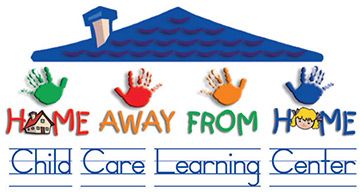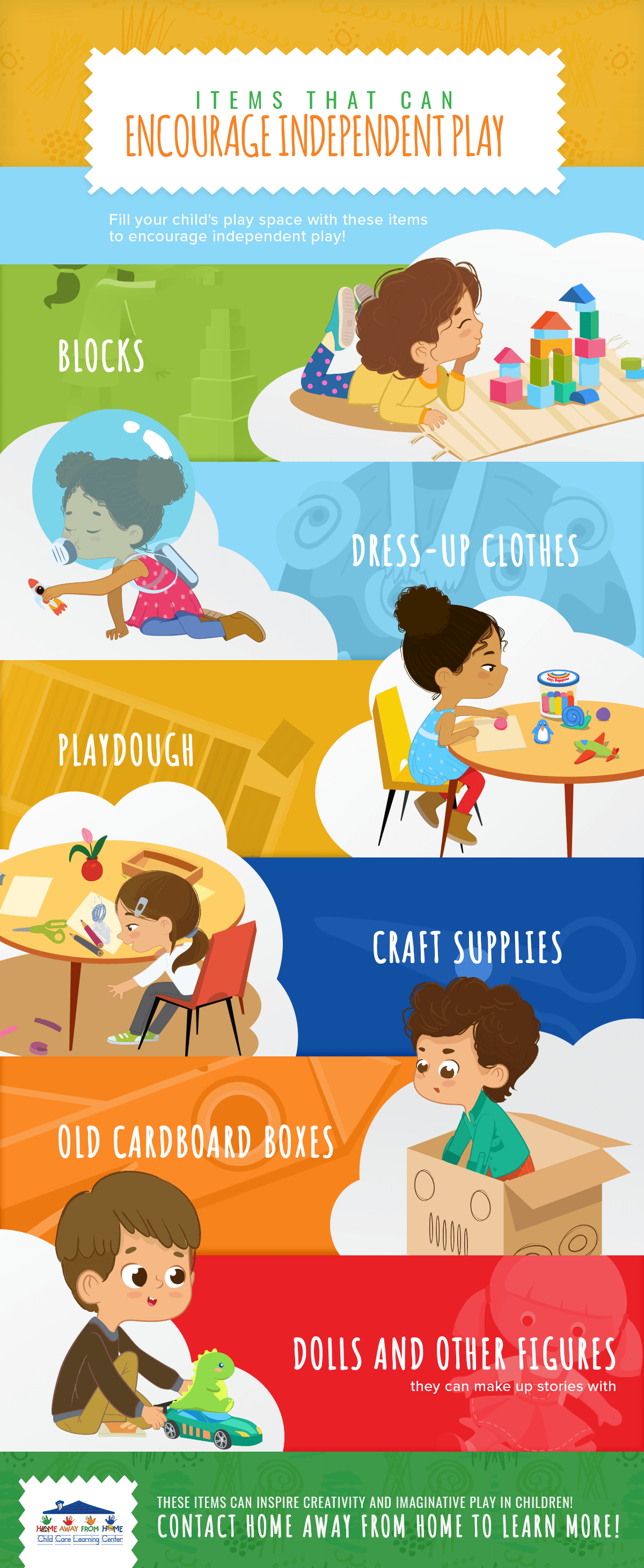Now that you know the benefits that imaginative play can provide, let’s talk about how you can encourage imaginative play in your kiddos. To start, you will need to give them the space to play freely. If you don’t want them running around throughout the whole house, create a playroom where they can engage in imaginative play.
You will also want to provide them with toys, props, and other goodies for them to play with — this could include anything from dolls and action figures to dress-up clothes to building blocks and more. Toys that don’t have a singular purpose are the ideal toys for imaginative play, since they will give your kiddos a chance to create different ways to use them. However, you truly don’t need to invest in a ton of toys. Give your kiddos a cardboard box, markers, and other craft supplies and let them create!
Be sure to show interest in what your child is doing and the stories or scenarios they come up with. This will help keep them excited and engaged in their playtime. This reinforcement will allow them to feel secure in their pretend play and continue to want to play freely.
Don’t try to tell your kiddos what to do or how to play. Allow them to take control of their playtime and encourage it. If your child is having a hard time figuring out what type of scenario they want to engage in, you can give them some ideas or create a scenario and then let them run with it.
Be sure to play with your child too, especially if they ask you to join them. Even if it is only for a couple of minutes. This will give you and your child time to bond and provide them with additional benefits. It can help them feel as though what they are doing is important enough for your time, which can make them want to play more. Plus, you might have a great time pretending to be a pirate with your child. When was the last time you played pretend? Engaging in imaginative play with your kiddo may help spark your creative side as well!
There are many benefits to imaginative play. Your child can practice and develop a variety of different skills that will help them now and throughout the future. Plus, it will keep them away from the TV and other screens, which may seem like a challenge in today’s world. Encourage pretend play and allow your child to play freely for a while each day. It will be very beneficial for them.
If you are looking for a child care learning center that can help your child learn and develop, be sure to check out Home Away From Home today! We have locations in Pembroke Pines and Jensen Beach. Contact us today to learn more!






